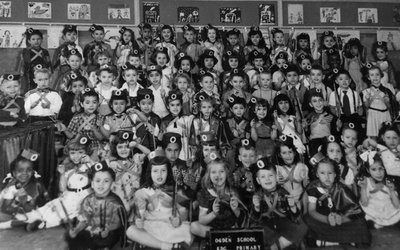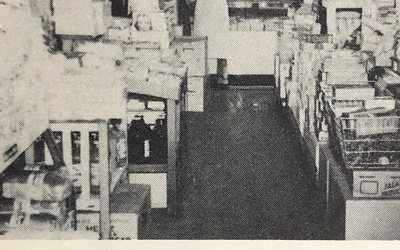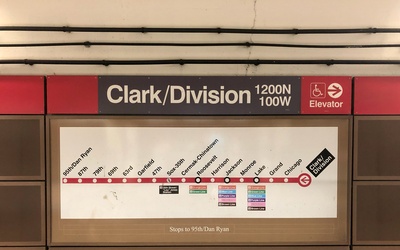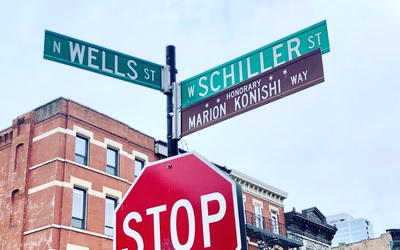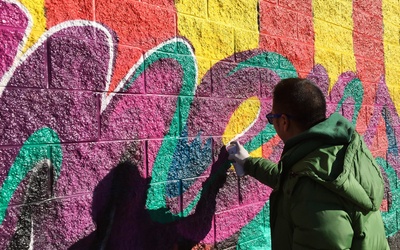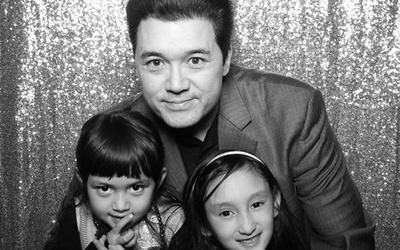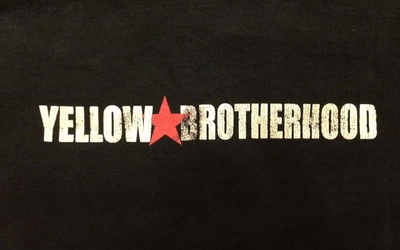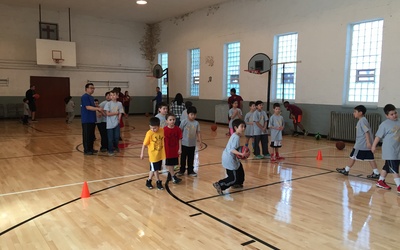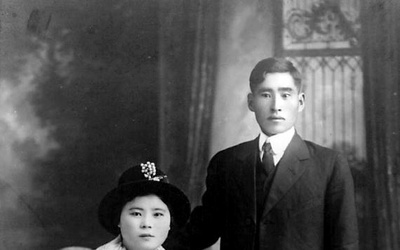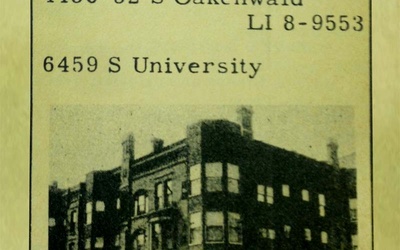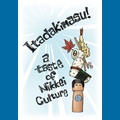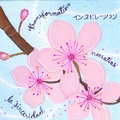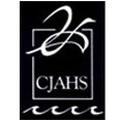
Erik Matsunaga
@erikmatsuErik Matsunaga’s investigations into the history of Chicago’s Japanese American community have been featured by the Japanese American National Museum, Alphawood Gallery, WBEZ Radio, and the Newberry Library. Born in Chicago, a descendant of WWII-era Nikkei resettlers from California, he curates @windycitynikkei—“Bite-sized Glimpses of Japanese American Chicago”—on Instagram.
Updated November 2020
Stories from This Author
Clark & Division: Japanese Americans on Chicago’s Near North Side, 1940s-1960s - Part 3
Feb. 3, 2020 • Erik Matsunaga
Read Part 2 >> Keiko Harada Ohtaka Clark Street and Division Street bring back so many great memories. They were very busy streets with lots of traffic. Our family lived on Clark Street right above Toguri’s Mercantile Company. We played outside on the sidewalk, daily, with our friends without any supervision from our parents. No one would think of letting the kids do that today! No family we knew had a car so we walked everywhere, unless it was outside …
Clark & Division: Japanese Americans on Chicago’s Near North Side, 1940s-1960s - Part 2
Jan. 27, 2020 • Erik Matsunaga
Read Part 1 >> David Toguri I was born in Chicago in 1947 at Cuneo Hospital. Dr. Junji Hasegawa delivered me. His brother, Susumu Hasegawa, was our dentist. My family lived above 1012 North Clark Street which was my family’s grocery store, Diamond Trading Co. Later, Diamond Trading moved to 1108 North Clark near Sun Grocery, which was owned by John Yahiro. At four or five years old I would wander up and down Clark Street by myself. I had …
Clark & Division: Japanese Americans on Chicago’s Near North Side, 1940s-1960s - Part 1
Jan. 20, 2020 • Erik Matsunaga
Chicago’s Near North Side. In the early to mid-twentieth century it was a playground for the rich, transient stopover for the poor, home to beatniks, hippies, harlots, the Rush Street entertainment district and the Outfit. Historically a multi-ethnic stew, within its boundaries could be found Swede Town; German Broadway; Little Sicily; an Irish settlement on Goose Island called Kilgubbin; and La Clark, a Puerto Rican enclave displaced in the 1960s by Carl Sandburg Village. In 1929, Harvey Warren Zorbaugh wrote …
Windy City Nikkei: Bite-sized glimpses of Japanese American Chicago
May 21, 2019 • Erik Matsunaga
With a family of six and a full-time job, researching and writing full-length articles about family and community was becoming exceedingly difficult. However, the thirst to research our Chicago Nikkei community's past and present had not fizzled, as I feel it important to leave these stories for my kids, the Gosei generation, so they know how the greater community's history intersects with that of our post-WWII resettled family. These stories are the whys and hows of our existence. Instagram, a …
Jamie Dihiansan and Chicago Graffiti
Jan. 23, 2018 • Erik Matsunaga
The first time you hit a real wall, not a practice spot, you get this rush. Like, “I shouldn’t be doing this.” Especially when you’re running along the El tracks and there’s the third rail, a train might be coming, and you gotta jump onto a roof. It’s a thrill, and even more thrilling when you paint something and get to see it from the train the next day. – Jamie Dihiansan, aka MENS In 1990s Chicago, graffiti was an …
Place / Location
Nov. 16, 2017 • Erik Matsunaga , traci kato-kiriyama
This month, we feature just one writer and a beloved one to the Discover Nikkei space at that—Chicago native, Erik Matsunaga. Erik’s piece is a simple moment between old childhood pals and one that sets an image of “home” or places of significance that are, at once, transient and meaningful…enjoy. —traci kato-kiriyama * * * * * Erik Matsunaga is a Chicago-born fourth generation Nikkei American of Japanese and German descent. In addition to regular contributions to Discover Nikkei, his …
The Story Behind that YELLOW BROTHERHOOD Shirt
Sept. 19, 2017 • Erik Matsunaga
In the late 1960s, a group of Los Angeles Japanese American ex-gang members, many at the time either fresh out of correctional facilities or the military, came together to save a generation. They called themselves the Yellow Brotherhood, and organized to get at-risk Asian American youth off drugs and out of gangs. They were particularly active in the early 1970s as a direct result of thirty-some Japanese American youth deaths in one year by drug overdose in the Los Angeles …
Chicago's Sansei Yonsei Athletic Association Basketball Clinic
Feb. 15, 2017 • Erik Matsunaga
Prior to WWII, there were roughly four hundred persons of Japanese ancestry living in Chicago. By 1945, there were twenty thousand, the majority of whom were ex-West Coast Japanese Americans resettled from various WWII U.S. War Relocation Authority concentration camps. Many were Nisei (American-born children of Japanese immigrants) in their teens and early twenties with a lot of steam to burn, and so in 1946 the Chicago Nisei Athletic Association (CNAA) was formed as a competitive and social outlet with …
Something About My Great-Grandmother
Aug. 15, 2016 • Erik Matsunaga
Born in 1896, in 1919 my great‐grandmother Sueno Matsunaga (née Motoshima) of Shimomashiki‐gun, Kumamoto prefecture, Japan, immigrated to the U.S. as a picture bride, speaking no English and having never met her new husband. She joined Gunta Matsunaga, who had immigrated in 1906 from nearby Yatsushiro‐gun, Kumamoto prefecture, in farming a grape vineyard in Del Rey, CA, roughly fifteen miles southeast of Fresno. My Nisei grandfather was born in 1920, the first of four sons. Upon the sudden passing of …
Japanese Americans on Chicago’s South Side - Oakland/Kenwood 1940s-1950s - Part 3
Dec. 3, 2015 • Erik Matsunaga
Read Part 2 >> When my husband and I were first married, we lived in a building on the 4300 block of North Kenmore owned by Harry and Martha Tanaka. By the time I was pregnant with our first child, we had moved to a drafty second-floor apartment in the Matsunaga building on South Oakenwald. That winter was so cold that all my houseplants froze. On exceptionally cold days, I would linger at the nearby Walgreens, where elderly ladies from …

